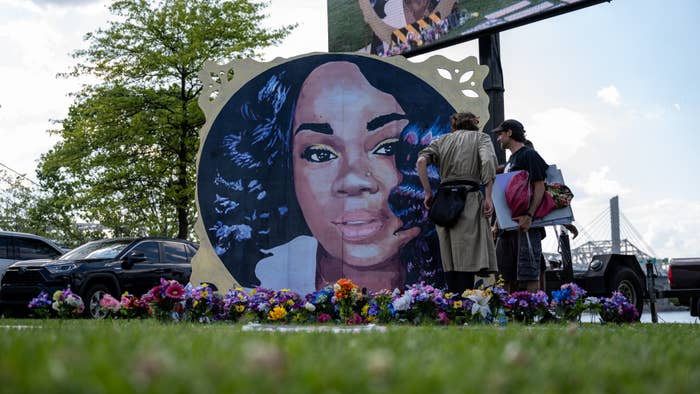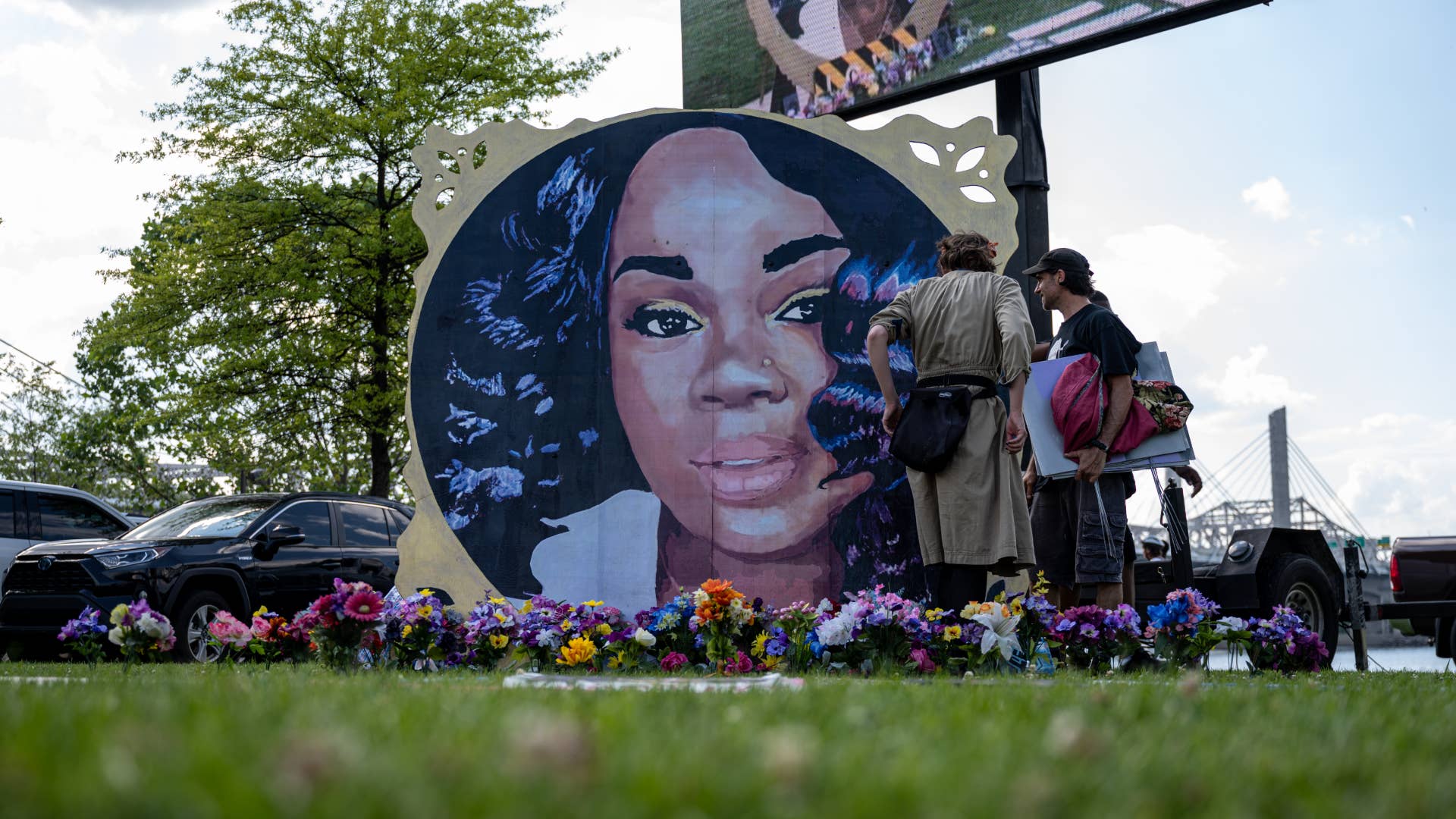
A new lawsuit argues that the Louisville Metro Police Department, despite its repeated claims of not having such footage, is most likely in possession of body camera video from the night Breonna Taylor was shot and killed by police in her apartment.
The suit in question was filed on Wednesday by Sam Aguiar, a regional Louisville lawyer who serves as the founding attorney of the Sam Aguilar Injury Lawyers firm, and argues that at least two of the officers involved in carrying out the fatal no-knock warrant had a type of bodycam that automatically activates.
The cameras, as explained in a CBS News report from April Siese on Friday, could be turned on in a variety of ways, including using a signal unit that could activate them in reaction to the presence of police vehicle lights. The suit also goes deep on how unlikely it is that cameras were not at least briefly activated, adding that it would been “difficult” for most of the LMPD members with cameras to have not had them filming “at one point or another.”
Aguiar’s suit calls for the judge to intervene by ordering the department to show bodycam info.
Complex has reached out to Aguiar’s office, as well as the Louisville Metro Police Department, for comment.
In April, Attorney General Merrick Garland announced that the Department of Justice had opened what’s called a “pattern or practice investigation” into both the Louisville Metro Police Department and the Louisville/Jefferson County Metro Government.
“Promoting public trust between communities and law enforcement is essential to making both communities and policing safer,” Garland said when announcing the investigation, which will be led by the department’s Civil Rights Division. “Our enforcement efforts, as well as our grant-making and other support, will contribute to achieving that end and to protecting the civil rights of everyone in our country.”

